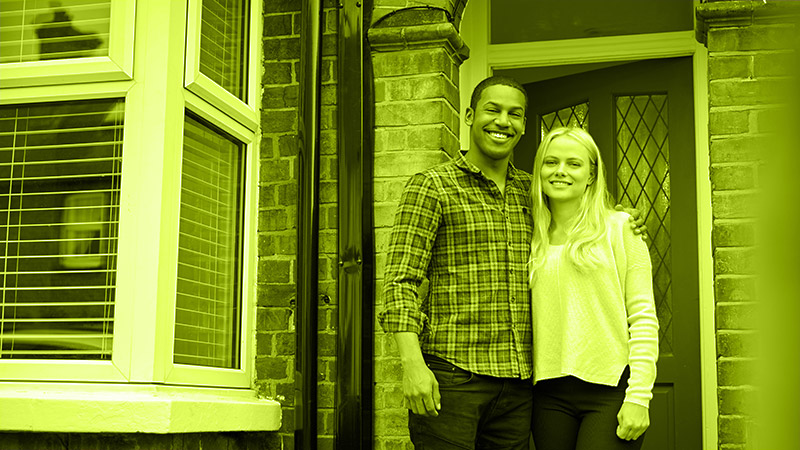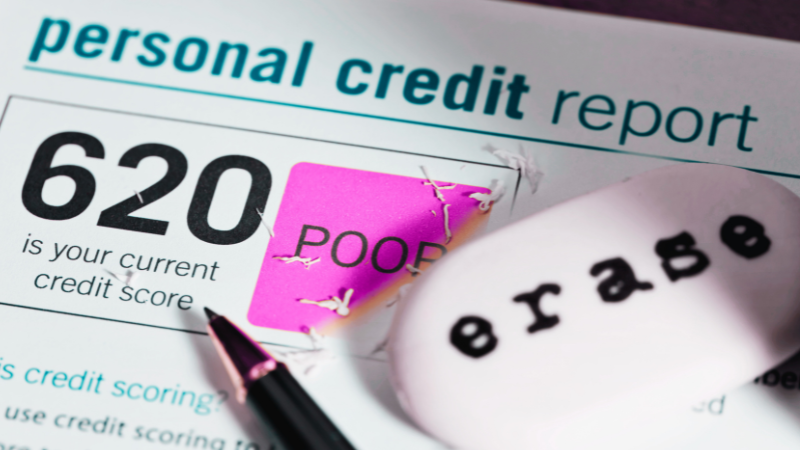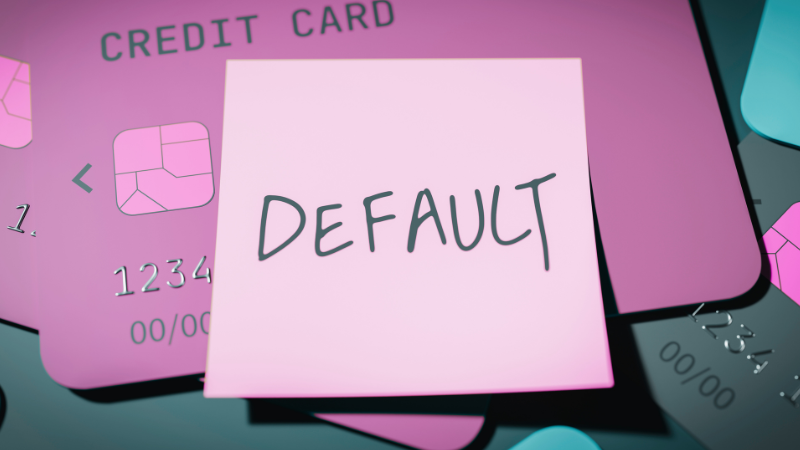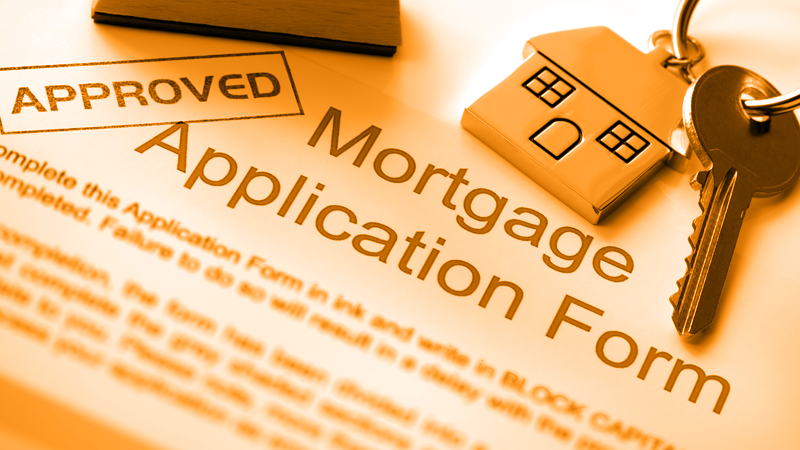Yes! Aspiring home buyers with a debt management plan may face a few obstacles in the housing market, especially if you’re using debt solutions like a debt management plan.
However, it doesn’t mean that you can’t secure a mortgage, whether you’re currently in a debt management plan or have completed one in the last few years.
You may feel like your options are limited, but they’re always available with the right approach.
Here’s everything you need to know about getting a mortgage with a debt management plan in the UK…
What is a Debt Management Plan (DMP)?
A debt management plan is a non-formal arrangement between you and anyone you owe money to, which bundles your existing debts into one easy to afford monthly payment.
It usually incorporates non-priority debts like unsecured personal loans, credit cards or bank overdraft facilities.
To get a DMP, you still have to afford your rent, council tax, general bills and other living expenses, plus what you can pay towards your non-priority debts.
A DMP isn’t legally binding, and you can cancel at any time and take out new lines of credit.
How a DMP Affects Your Mortgage Application
You’ll find it challenging to take out a mortgage with a DMP because it impacts your credit score or rating.
All lenders want borrowers who can make repayments on time, and your options shrink if your credit record suggests you can’t do that.
You’ll need a good credit score to qualify for mortgages from traditional and high street lenders like banks.
You’ll likely be rejected if you’re coping with ongoing repayment plans like a DMP or adverse credit issues.
With a DMP, you make repayments according to your plan, which can be lower than what you agreed to on the loan contract.
Since you’re paying less than what you agreed, it can show up as an underpayment on your credit report.
Any other lender you apply to, including mortgage lenders, will view you as higher risk, and they’re likely to refuse your request or charge you higher interest.
How to Get a Mortgage with a Debt Management Plan
If you want to get a mortgage with a DMP, you’ll have higher chances with a specialist lender.
It might be more challenging to apply for a mortgage with an active DMP rather than a completed one, but specialist lenders can help you out.
Such lenders often work with people who’ve had financial issues. It’s unwise to approach lenders yourself when looking for a mortgage with a DMP.
You’ll be leaving it to chance, and this can lead to your mortgage application being declined and more issues on your credit file.
Consulting a mortgage adviser or broker can help you access specialist lenders who are likely to approve your request.
You’ll not find such lenders advertising themselves or the high streets because they often only work with trusted advisers and brokers.
Such lenders specialise in providing bad credit mortgages. They adopt a more flexible and broader view of your situation and finances than traditional lenders.
Instead of focusing on your credit score or past financial issues, they consider your current circumstances.
Your application is assessed based on the usual criteria, like what you can afford based on your income and outgoing expenses, including your DMP contributions.
Specialist lenders will also consider factors around any other credit problems, like how long you’ve had them and their severity.
For example, if you were recently declared bankrupt or had a county court judgement (CCJ) against you, it can be difficult finding lenders who will accept your mortgage application.
However, if your credit history contains less severe issues like limited arrears or late payments that you have already cleared, suitable lenders might not see this as an issue.
Whichever the case, how long ago the problem occurred can be a determining factor, with older issues carrying less weight than more recent ones as lenders decide.
If you have an individual involuntary agreement, it is still possible to get a mortgage, for more info, check our guide on how to get a mortgage with an IVA.
Looking for a commercial mortgage with bad credit? You may be interested in the possibility of shared ownership.
How Much Deposit Will You Need When You Have a DMP?
A higher deposit usually means better deals and more lenders when looking for a mortgage.
If you have more severe credit issues, lenders will likely ask for even higher deposits to reduce the perceived risk.
It can often be an issue if you’re already using your disposable income to pay off debts under your DMP because it can be challenging to save up enough money for a deposit.
If possible, you can try other causes of action to raise the necessary funds, like cashing in or selling assets.
However, ensure you get sound financial advice before taking such measures to ascertain how they can impact you in the future.
Want a mortgage for a rental property? They work slightly differently to regular residential mortgages, learn all about them in our buy to let mortgages with bad credit.
How Much Can I Borrow if I Have a DMP?
The loan to value (LTV) ratio, or how much you can borrow in a mortgage offer in relation to the property’s market value, is affected by your credit history.
It’s unlikely to get lenders who offer high LTV ratios of 95% with an active or completed DMP.
You’ll likely find lenders restricting LTVs to 85% of the property value, especially if you have CCJs or a history of defaults. Therefore, you’ll be expected to provide a 15% deposit.
Some specialist lenders can allow you to borrow up to four times your annual income. Others can advance up to five times, provided you don’t have any severe credit issues and can come up with a significant enough deposit.
How much you can afford when you have an active DMP will be determined by adding the DMP payments as an outgoing expense.
Remember, all lenders are not the same, and they’ll each assess your affordability based on their criteria.
Therefore, it’s possible to get the maximum amount if you approach a suitable lender. How much you earn will also be factored in the assessment and your type of employment.
Most traditional lenders provide limited options for those in non-traditional jobs, so a specialist lender is more suitable if you’re self-employed.
Taking Out a Mortgage with a Settled DMP
A DMP usually stays on your credit record for up to six years, whether or not it’s settled, which can affect your credit score and the lender’s decision.
Your chances of getting a mortgage are higher with a settled DMP than an active one.
If you’ve completed your DMP and are looking to get a mortgage, the first thing to do is ensure you get copies of your credit reports.
Confirm that all the details are correct, including the dates, addresses or electoral roll registration.
You’ll gain valuable validation to your identity when you’re registered to vote, and it will help your credit score so ensure you’re registered.
You also need to confirm that details of your debts and credit accounts are correct, including the dates and amounts and whether they’ve been satisfied or settled.
In case you notice any errors like a fully paid debt that’s not showing as such or incorrectly recorded deficits, then contact the responsible party and ask them to update the debt status.
Although they’re not obliged to, it can be a great help in your status. You can also send a copy of the letter to the leading credit reference agencies like TransUnion.
The final step is to improve your credit score to increase your chances of qualifying.
You can take out small loans and make regular repayments on time or a credit card you can quickly pay off.
To ensure repayments always go through on time, ensure you set up direct debits for your loans.
Can You Get a Mortgage with a Debt Management Plan Final Thoughts
It’s possible to get a mortgage with DMP, and the best way to get one is through specialist lenders.
A mortgage broker or adviser with access to the whole market can guide you and provide invaluable insight on lenders who are most likely to approve your request.
Give us a call on 03330 90 60 30 and we will provide you with the best deals available to meet your circumstances and consider any credit history you may have.
With our expert advice, we can guide you through the process and give you the knowledge and confidence it takes to acquire a secured loan that is right for you.
If you have read all the information on secured loans carefully and feel that you want to proceed with a secure loan, get in touch with one of our secured loan experts who can work with you to find the best deal for your needs and circumstances.

















